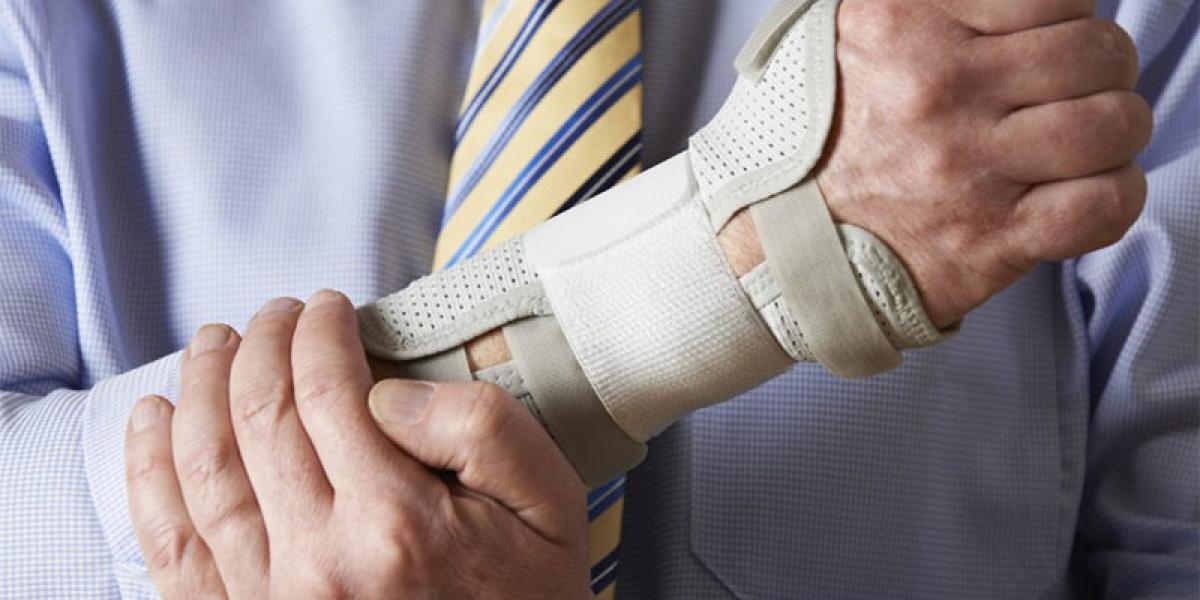Overexertion and repetitive stress are the second leading cause of on-the-job injuries and accidents, according to the U.S. Bureau of Labor Statistics. Whether you are returning to work after not being as active as usual or an essential worker who is working overtime, you can strain yourself from pushing your body too hard. This can happen by lifting, pushing, or pulling something too heavy for you. Overexertion can lead to a “musculoskeletal disorder,” with symptoms including swelling, numbness, stiffness, chronic pain, or the permanent loss of mobility in muscles, tendons, ligaments, and joints. These injuries can lead to debilitating pain, medical bills, physical therapy, and missed time at work.
Overexertion can lead to long-term consequences for your health, so preventing overexertion and repetitive stress movements is important and can be accomplished by following these simple practices:
- Use correct lifting techniques when lifting a heavy object. For example, when you lift, face the load with your feet shoulder-width apart and your back straight, squat by bending at the hips and knees, and then use your leg and stomach muscles to power the lift.
- Use material-handling aides, like a cart or hand truck, to lift and carry heavy or awkward objects.
- Ask for help instead of trying to “muscle” your way through a job alone.
- Don’t add an extra package or box to an already full load. Instead, make an extra trip or ask someone to help.
- Arrange your work and your workstation to minimize reaching, bending, twisting, and awkward postures.
- Take short breaks when doing strenuous tasks so you can stretch and relax tense muscles, giving them a chance to recover.
- Regular exercise, stretching, and strength training to maintain a strong core - all are beneficial in preventing injury.
- Take frequent breaks from any static position every 20-30 minutes.
- If you work at a desk, move frequently used items close to you, use a footrest, and adjust the height of your computer.
- Report pain, swelling, numbness, tingling, tenderness, clicking, or loss of strength to your doctor before it becomes a full-blown injury.
More.

